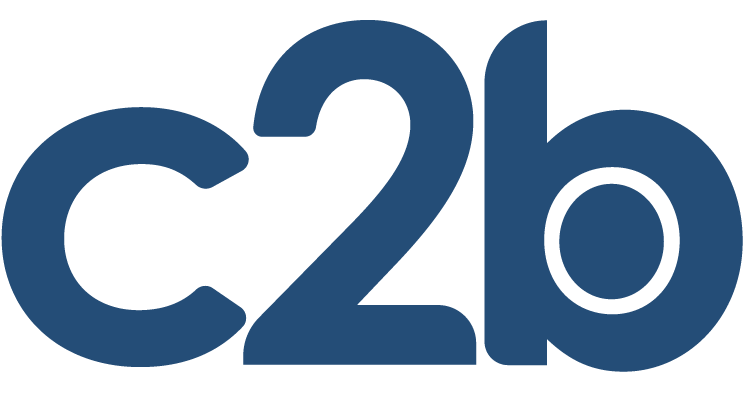Is Marketing Too “Soft” for Lean and Agile?
I often hear people question how approaches to work like Lean and Agile can apply to marketing, an activity they see as highly creative and resistant to the discipline required of software engineers. Sadly, this reflects a lack of understanding both of the creativity inherent in software development and of the many ways that Lean and Agile can make marketing better.
Software development isn’t my focus here but making marketing work better definitely is.
Lean originally targeted startup technology companies. It proposed that a narrow product focus, a disciplined analysis of likely fruitful customer segments, and an iterative product development and release process would give their best shot at finding and servicing a market that would make the company successful.
How can this approach help marketing?
Discipline. Lean forces startups to identify very specific pain points that affect an easily identified audience. It forces them to develop products that demonstrably address those pain points. All of this is supported by rigorous study of, and deep interaction with, the target audience.
Most marketing organizations I work with throw a much wider net than this, based on much less empirical evidence. Their marketing is much more likely to address “enterprise ML teams” than “senior data scientists in ag tech whose training data is not clean or organized enough to be labeled and annotated and prefer to completely offload the problem to a managed service.”
Short timeframes. Lean is predicated on driving to a minimum viable product, quickly, and then rapidly iterating on product feature evolution based on customer feedback and market success as measured by revenue.
Marketers tend to take comfort in quarter-long or longer campaign cycles. This leads to the marketing equivalent of the waterfall approach to software development, where massive planning precedes product development in its entirety followed by exhaustive quality assurance. And of course at the end of this extended process the deliverable often is no longer relevant. Much shorter marketing campaign cycles, built out in an Agile fashion (which I’ll talk about next time), result in timely, adaptive marketing content and programs.
Focus. With customer urgency at the heart of Lean projects, and short timeframes ensuring that scare developer resources aren’t off the table unacceptably long, Lean makes it easy to say no to course changes or disruptions.
Trust me when I say that marketing is all about course changes and disruptions, at great cost to the organization. The sales guys need a new piece of collateral to counteract a landmine a competitor has started using. We’ve decided to go to this tradeshow at the last minute and need the events people to get right on it. A Lean approach makes it easy to identify the cost and implications of these disruptions, allowing for more rational decision making.
This is just scratching the surface, of course. But I hope it’s clear that Lean has relevance for marketers. Next time I want to talk about the process side, where Agile comes in. Don’t see a place for Scrum in marketing? We’ll see…
Let me know what you think. Drop a comment below, or reach out to me directly at don.roedner@c2bsuite.com.
